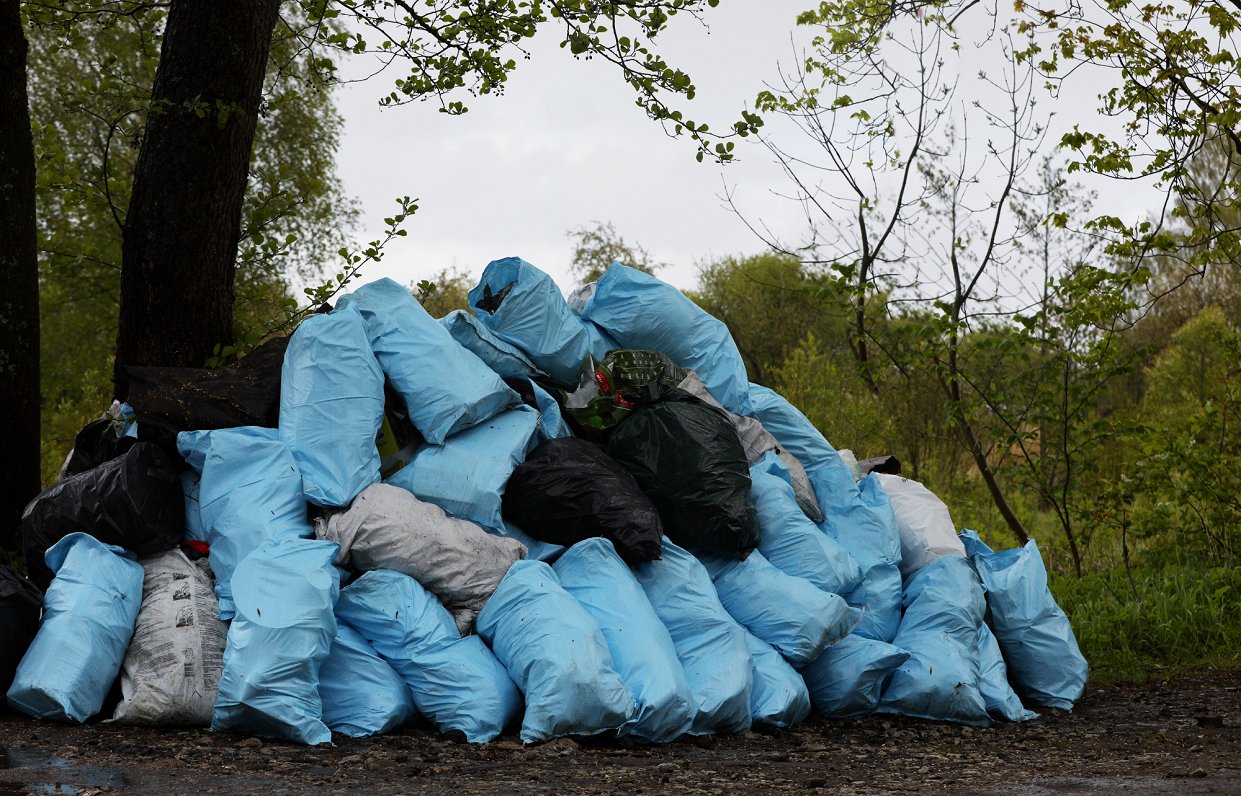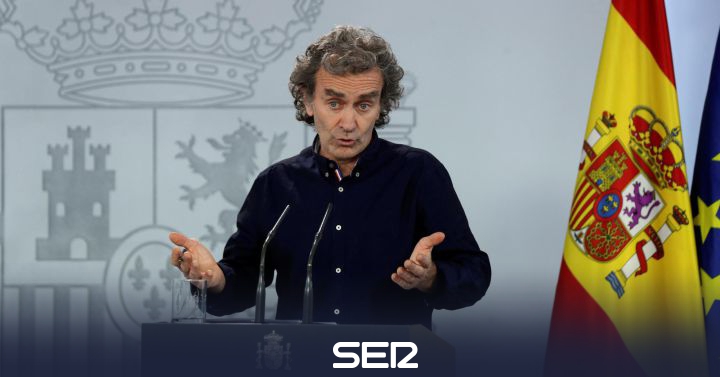Until recently, we were asked not to put products in plastic bags in stores, to weigh fruit without packaging and to come to the store with our own bag. But now even every bun on the store shelf is wrapped in cling film, nuts weighed in plastic boxes. We use face masks more often, also disposable gloves. As more disinfectants were produced, more plastic bottles were needed. As the amount of these materials increases, so does the amount of waste, which is not good news for the environment. However, the Ministry of Environment and Regional Development (MEPRD) responsible for the sector has not yet estimated the impact of the new situation, reports Latvian Television’s “de facto” program.
Most of them are unsorted waste – so, at least in Latvian conditions – they can be buried in the ground or incinerated. Waste companies, as has been proven “de facto”, do not know the impact of these products on the total amount of waste.
Those who accept sorted waste cannot say anything, because these products, being inseparable, do not reach them. On the other hand, you can’t say unsorted waste in landfills, because everything is together.
Baiba Rosicka, project manager of Getliņi Eko, explains that although plastic products look great, they are easy, so it is difficult to assess this increase in plastic weight alone. “But what we see in general during this Covid time – in April and May we had a reduction in the total amount of waste, because it must be taken into account that school waste, school, office, hotel waste, which was not produced at that time, also ends up, which could be why there is this decrease here, but in the summer months there is an increase again compared to last year, ”said B. Rosicka.
You can get a better idea of the growth by looking on the other hand. Data from the Central Statistical Bureau show that, for example, in April and June, when a state of emergency was declared due to Covid-19, imports of surgical gloves increased 2.7 times, imports of other rubber gloves increased by 13%, and disposable face masks increased by 46%. than in the previous year. And this without what was produced on site, for which data are not yet available.
Traders, in turn, have significantly increased the amount of packaging material.
As it turned out, “de facto”, for example, “Maxima Latvija” network uses twice as much wrapping film and boxes, “Rimi” has increased the amount of food film by 20%, but food bags containing bulk products – six times. In Top stores, 75% more food film is used, but 15% more plastic boxes; more people are trying to use cardboard boxes, which have doubled their consumption, and paper bags, which are consuming 68% more.
MEPRD is still planning to collect data on the impact of Covid-19 on the type and amount of waste, and its estimates cannot be said yet. It is clear though that the increase is. To improve the situation, the ministry plans to review natural resource tax rebates. At present, they are granted unless the manufacturer or trader guarantees the recycling of some parts of the packaging.
The Ministry would like to levy a full tax on non-recyclable packaging. ‘This means that if a producer used such packaging per tonne, it means that he has to pay the full natural resource tax to the state budget. Manufacturers and traders definitely want to reduce their costs, which would force them to look for solutions to use packaging that is cheaper and, accordingly, more environmentally friendly, ”says Alda Ozola, Deputy State Secretary of the MEPRD. Latvia does not rework what could be done, but the ministry says that objective conditions cannot be ignored. For example, at a time when oil prices have fallen sharply, recycling is less attractive due to costs.
Traders point out that they are already trying to use environmentally friendly packaging, but the costs must be balanced so that it does not significantly affect the price of products. In addition, current packaging trends are related to national requirements.
The packaging of bulk and non-washable products in the self-service area or their packaging at the request of the buyer is currently required by the regulations of the Cabinet of Ministers on epidemiological safety during Covid-19. The Ministry of Health does not plan to change them yet, referring to the recommendations of the World Health Organization.
“Of course, the argument has always been that Covid-19 is not spread by food. and we agree with that. But if we are talking about self-service, then the risks are related to the process that takes place around this self-service. This means that when people self-serve to weigh or take something, there are some common objects – shovels, tongs. And they are already risks, ”explains Jana Feldmane, a representative of the Public Health Department of the Ministry of Health.
The ministry points out that other solutions are possible to protect the environment from waste on the one hand and the environment on the other – waste products or buns can be handed over to the buyer by a shop employee. Then they should not be packed unnecessarily. Personal protective equipment such as gloves should also be used rationally.
J. Feldmane says: “In our opinion, there is a real tendency in society to use these gloves excessively. That’s how it happens. And we try very hard to point it out and urge you not to use it. (..) As we can see, in stores, for example, salespeople work in gloves. This is completely useless, because those gloves are as contaminated as the hands, and in any case, all that is needed is to wash your hands. ”
There have been no inter-institutional talks between the Ministry of Health and the Ministry of Environmental Protection and Regional Development on how to coordinate and balance health and environmental concerns so far.
Meanwhile, the amount of plastic waste was raised worldwide before Covid-19, and now there is growing concern that much of this waste ends up in the seas and oceans, which is why the European Union issued a directive to limit the consumption of plastic products. This is followed by Latvia and many restrictions have already entered into force, but a number are still in the plan. For example, a ban on plastic containers from the middle of next year and a plastic bag, a ban on shops from 2025 to be replaced by paper, cardboard and bioplastic products. The Ministry of the Environment promises that these plans will not be postponed due to Covid-19.
–


